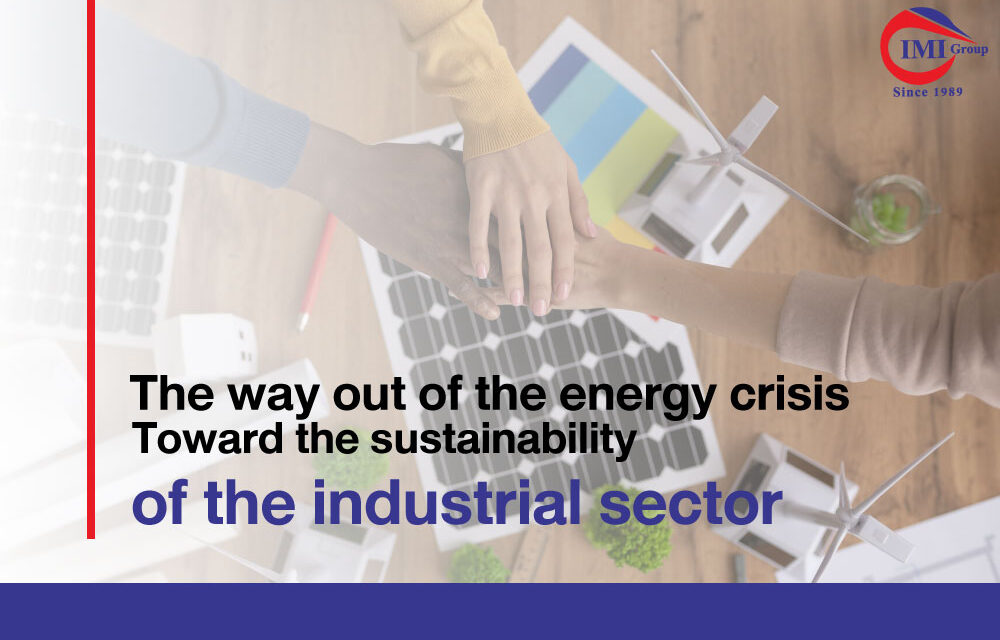Solar Cell : The industrial sector is currently facing a major challenge: the energy crisis. The continuously rising prices of fossil fuels have led to a corresponding increase in production costs. At the same time, these energy resources are dwindling, impacting the environment and climate change. Therefore, turning to renewable energy is an attractive option for the industrial sector, especially the use of solar cell technology.
Solar cells, or photovoltaic cells, are a technology that converts solar energy into electrical energy. They do not emit any pollutants or greenhouse gases into the atmosphere, making them a clean and environmentally friendly energy source. The use of solar cells in the industrial sector can help solve the energy crisis and lead to sustainability in several ways:
1. Reduce energy costs
For industrial plants that use a lot of electricity, installing a solar cell system can significantly reduce energy costs. This is because it can generate electricity from sunlight without the need to purchase fuel. In addition, the cost of installing solar cell systems has been steadily decreasing, resulting in a shorter payback period.
2. Create energy security
Relying on a single energy source such as fossil fuels is a high risk, as these resources are finite and not easily accessible in some areas. Using solar cells in conjunction with other energy sources can help create energy security for factories and reduce the risk of fuel shortages or price volatility.
3. Reduce greenhouse gas emissions
The production of energy from fossil fuels releases greenhouse gases such as carbon dioxide into the atmosphere, contributing to global warming and climate change. In contrast, the use of solar cells is a virtually pollution-free energy production process that can significantly reduce greenhouse gas emissions.
4. Enhance the value and image of the organization
Today, consumers are increasingly concerned about sustainable and environmentally friendly business practices. The use of solar cells in the production process will create value and a good image for the organization, demonstrating social and environmental responsibility, which will be beneficial for long-term business operations.
5. Promote innovation and technological advancement
Investing in solar cell technology not only helps solve energy problems but also promotes research and development of new innovations in the renewable energy industry, leading to overall scientific and technological advancement.
Although installing a solar cell system requires an initial investment, it is a long-term investment that is worthwhile and sustainable. When considering the benefits of saving energy costs, creating energy
security, reducing pollution, and enhancing the value and image of the organization, the use of solar cells is an attractive option for the industrial sector that seeks long-term sustainability.
However, the installation of a solar cell system requires careful planning and design. This includes considering various factors such as the appropriate system size, the type of solar panels, fixed or
sun-tracking installation, and the selection of high-quality and efficient inverters and other accessories. Regular maintenance of the system is also necessary to ensure that it operates at maximum efficiency throughout its lifetime.
Finally, the use of solar cell technology in the industrial sector is a significant step in solving the energy crisis while also ensuring environmental and social sustainability. If organizations in the industrial sector pay more attention to and invest in this type of clean energy, we will eventually move towards a sustainable and energy crisis-free future.
Currently, there is a growing popularity for IMI Industries to oversee the design and installation of solar cells in the industrial sector. If you are interested in installation, you can contact us at www.imi-industries.com.





